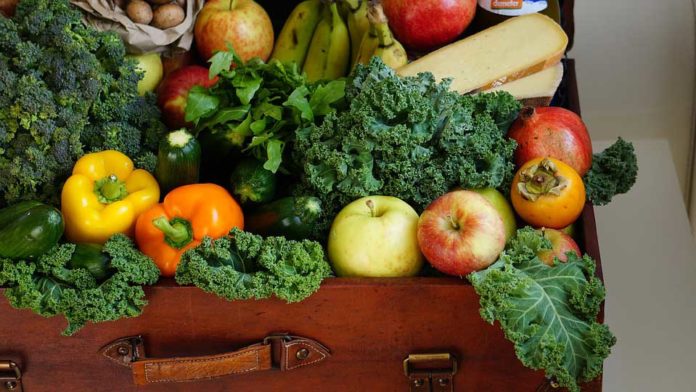As of now, about a billion people are ravenous and another two billion are eating excessively of the wrong food, causing epidemics of obesity, heart disease, and diabetes.
Unhealthy diets represent up to 11 million avoidable premature deaths every year, as per the latest Global Disease Burden report.
At the same time, the global food system is the single largest emitter of greenhouse gases, the biggest driver of biodiversity loss and the main cause of deadly algae blooms along coasts and inland waterways.
According to a new study, the way humanity produces and eats food must radically change to avoid millions of deaths and “catastrophic” damage to the planet. The key to both goals is a dramatic shift in the global diet—roughly half as much sugar and red meat, and twice as many vegetables, fruits and nuts.
Co-author Johan Rockstrom, director of the Potsdam Institute for Climate Change Impact Research said, “To have any chance of feeding 10 billion people in 2050 within planetary boundaries”—the limits on Earth’s capacity to absorb human activity—”we must adopt a healthy diet, slash food waste, and invest in technologies that reduce environmental impacts.”
“It is doable but it will take nothing less than global agricultural revolution.”
The cornerstone of “the great food transformation” called for in the study is a template human diet of about 2500 calories per day.
Tim Lang, a professor at the University of London said, “We are not saying everyone has to eat in the same way. But broadly—especially in the rich world—it means a reduction of meat and dairy and a major increase in plant consumption.”
The eating regimen takes into consideration around seven grams of red meat every day, and up to 14. A typical hamburger patty, by correlation, is 125 to 150 grams.
For most rich countries, and many developing ones, for example, China and Brazil, this would speak to an extreme five-to-ten times decrease.
Beef is the main culprit. Not only do cattle pass massive quantities of planet-warming methane, huge swathes of carbon-absorbing forests –- mostly in Brazil -– are cut down every year to make room for them.
It takes at least five kilos of grain to produce a kilo of meat. And once that steak or lamb chop hits the plate, about 30 percent will wind up in the garbage bin.
Dairy is also limited to about one cup (250 grams) of whole milk—or its equivalent in cheese or yoghurt—per day, and only one or two eggs per week.
Similarly, the diet calls for a more than 100 percent increase in legumes such as peas and lentils, along with vegetables, fruits, and nuts.
The Lancet editor-in-chief Richard Horton said, “We can no longer feed our population a healthy diet while balancing planetary resources. For the first time in 200,000 years of human history, we are severely out of sync with the planet and Nature.”
Alexander Anton, secretary general of the European Dairy Association said, “It goes to the extreme to create maximum attention, but we must be more responsible when making a serious dietary recommendation.”
Christopher Snowdon of the Institute of Economic Affairs in London said the report “reveals the full agenda of nanny-state campaigners.”
Lang said, “We expected these attacks. But the same food companies pushing back against these findings realize that they may not have a future if they don’t adapt.”
“The question is: does this come by the crisis, or do we start planning for it now?”
The World Business Council for Sustainable Development said, “We need governments to help accelerate the change by aligning national dietary guidelines with healthy and sustainable requirements, and repurposing agricultural subsidies.”
The study is published in the journal Lancet.
